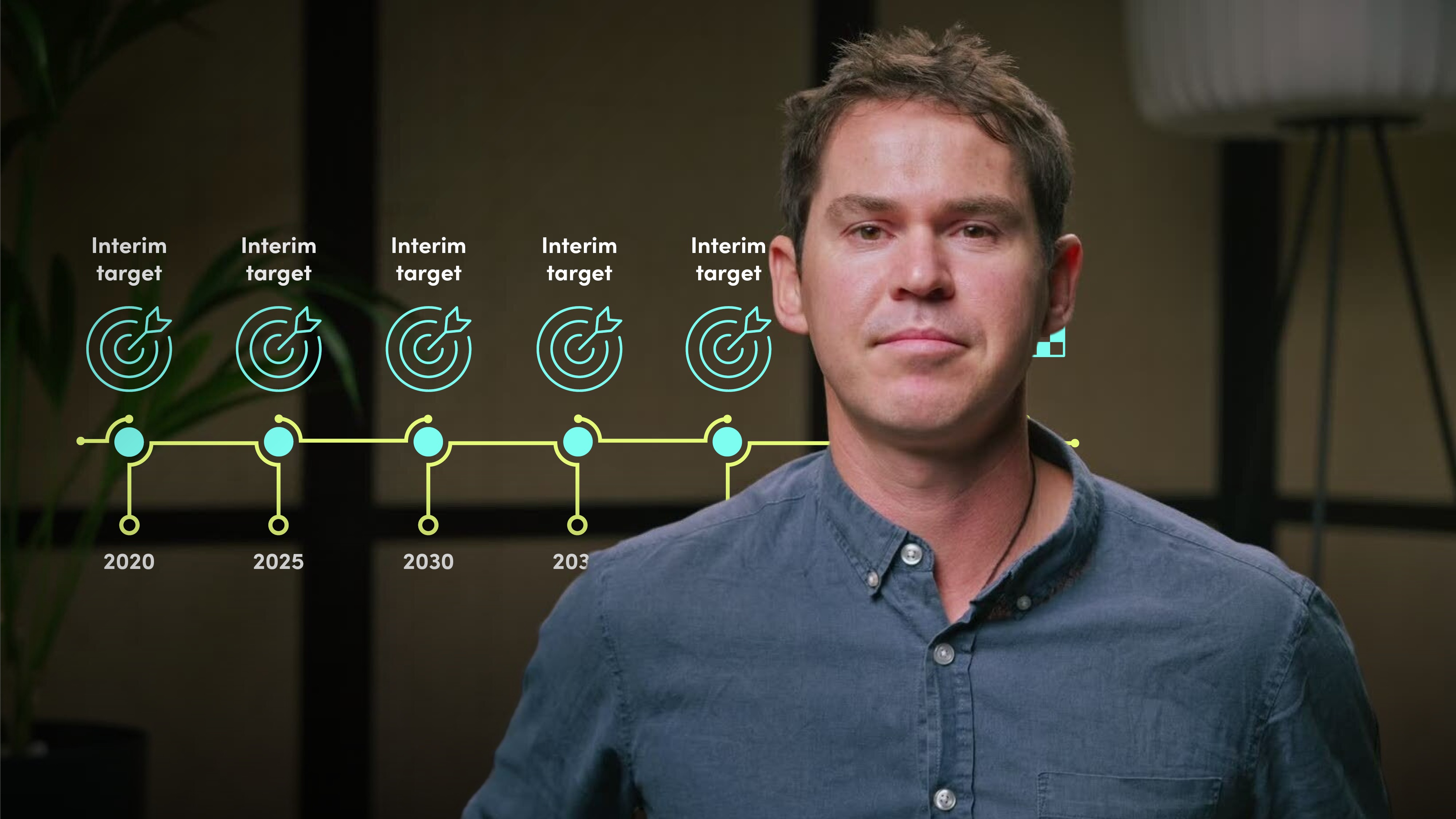
Introduction to Net Zero Targets

John Lang
12 years: Sustainability and Net Zero
In this video, John explores the evolution of the net zero concept, tracing its journey from the IPCC's 'Special Report on 1.5°C' to a key driver of global economic policy. He breaks down the three implementation phases, uncovers the pillars of integrity for credible net zero targets, and discusses accountability mechanisms such as the Net Zero Tracker and global frameworks like the UN Recognition and Accountability Framework.
In this video, John explores the evolution of the net zero concept, tracing its journey from the IPCC's 'Special Report on 1.5°C' to a key driver of global economic policy. He breaks down the three implementation phases, uncovers the pillars of integrity for credible net zero targets, and discusses accountability mechanisms such as the Net Zero Tracker and global frameworks like the UN Recognition and Accountability Framework.

Introduction to Net Zero Targets
8 mins 12 secs
Key learning objectives:
Understand how net zero has evolved as well as the specific phases of implementation
Understand the pillars of integrity in setting credible net zero targets
Outline the convergence on standards for net zero and emerging frameworks
Overview:
The concept of net zero emerged rapidly after the IPCC's 1.5°C report, with its adoption expanding from one-sixth to 90% of global GDP within years. Initially, policy aligned with the scientific consensus that emissions must balance with removals by sinks. Pledges then dominated the discourse, but the current phase emphasises integrity and actual implementation of net zero commitments. Net zero requires clear intent and robust planning, followed by genuine, immediate action. Credibility demands setting and meeting interim targets, transparency in progress, and advocacy aligned with climate action. Accountability frameworks are evolving, with entities like the UN and Race to Zero defining best practices. While scepticism exists, with criticisms of strategic deflection and vague commitments, net zero remains essential for climate stabilisation, driving collective action towards reducing emissions, and ultimately, transitioning to climate positivity to reverse overshooting climate targets.

John Lang
There are no available Videos from "John Lang"

